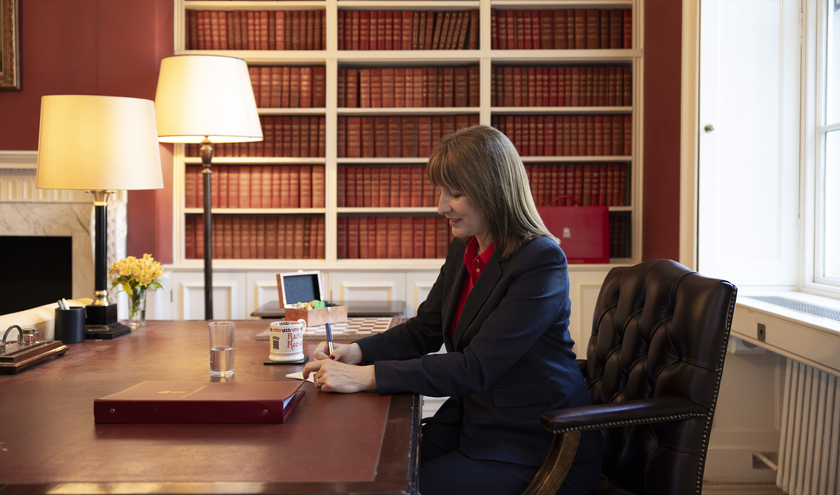During today's Autumn Budget, Reeves revealed early new sites will be located in Birmingham, Barrow-in-Furness, Truro and Southall, and will build on successful models already operating in Hull and Barnsley.
Reeves said: ‘The Labour Party founded our National Health Service and we will renew our National Health Service.'
The centres will be delivered through the NHS Neighbourhood Rebuild Programme, which will upgrade and repurpose underused buildings and build new facilities through a combination of public investment and Public-Private Partnerships (PPP).
A new model of PPP is being developed by the National Infrastructure and Service Transformation Authority with the DHSC, with the Government pledging to build on lessons learnt from past experiences with private finance initiatives (PFIs).
Speaking at the NHS Confederation conference in June health and social care secretary Wes Streeting said Labour was ‘still haunted by the spectre of PFI from the experience of its last period in Government', adding in some cases trusts were ‘still saddled with the costs'.
The Government said the PPPs would be budgeted for as if they were on its balance sheet in order to ensure they are managed transparently and fiscally sustainable.
The chancellor also confirmed £300m of additional capital investment in NHS technology to boost productivity, support staff and improve patient outcomes.
Reaction
Sarah Woolnough, chief executive of The King's Fund, said: ‘The use of public-private partnerships at a large scale in the NHS should be treated with caution given the repeated challenges previously. Ministers must prove they have learnt from the mistakes of schemes like PFIs by implementing appropriate checks and balances to design schemes more carefully to ensure value for money.'
Matthew Taylor, chief executive of the NHS Confederation, said: ‘This is a first step to bringing vital investment into an NHS that has been starved of capital funding for more than a decade. NHS leaders will hope further private capital can be leveraged to create new and upgraded facilities in hospitals and mental health services.'
Katie Collin, partner at specialist medical accountancy firm Ramsay Brown, said: ‘Reeves made a lot of promises today, including a commitment to launch 100 neighbourhood health centres by 2030, but it'll now be an uphill battle to staff these local hubs with a cocktail of tax changes that penalise NHS staff, particularly GPs, for taking on more work. Family doctors' weighty tax burden is already forcing many to consider reducing their hours, and these freezes will do yet more damage, threatening to pull them into the next tax bracket even if they only increase their workload by a small amount.
‘Doctors are very unlikely to sign themselves up for more shifts at their local health hub if their personal finances end up worse off as a result. So even if Starmer and co are successful in getting 100 centres off the ground by 2030, it's almost certain they won't have the GPs to staff them. The chancellor has undermined the Government's very own vision for the NHS with today's tax announcements, promising a strong community care system in one breath, and weakening it in the next.'
Daniel Elkeles, chief executive, NHS Providers, said: ‘The chancellor has opened a welcome new pathway for NHS capital investment which we've long called for. Investing in more new neighbourhood health centres will help the NHS to shift care from hospitals closer to where people live.'
Lord Hutton of Furness, the former Labour Cabinet Minister who chairs The Association of Infrastructure Investors in Public-Private Partnerships, said the Budget was a ‘welcome and pivotal moment to rethink how we deliver critical public infrastructure'.
He added: ‘Private finance has shown it can help major projects arrive on time and on budget, and investors are ready to support the Government's ambitions with speed, innovation and high standards. We're proposing simpler, more transparent PPP models that offer better value for taxpayers and stronger oversight. This is a major opportunity to deliver growth and accelerate the rebuild of our NHS.'
Nuffield Trust senior policy analyst Sally Gainsbury said: ‘As the OBR warns, the unresolved dispute between Government and the pharmaceutical industry is still looming large. If the Government concedes to pay higher prices for the same drugs, that will either eat into today's settlement or divert funding away from more cost-effective care like GP appointments, which give patients much greater health benefit for every pound spent.'



